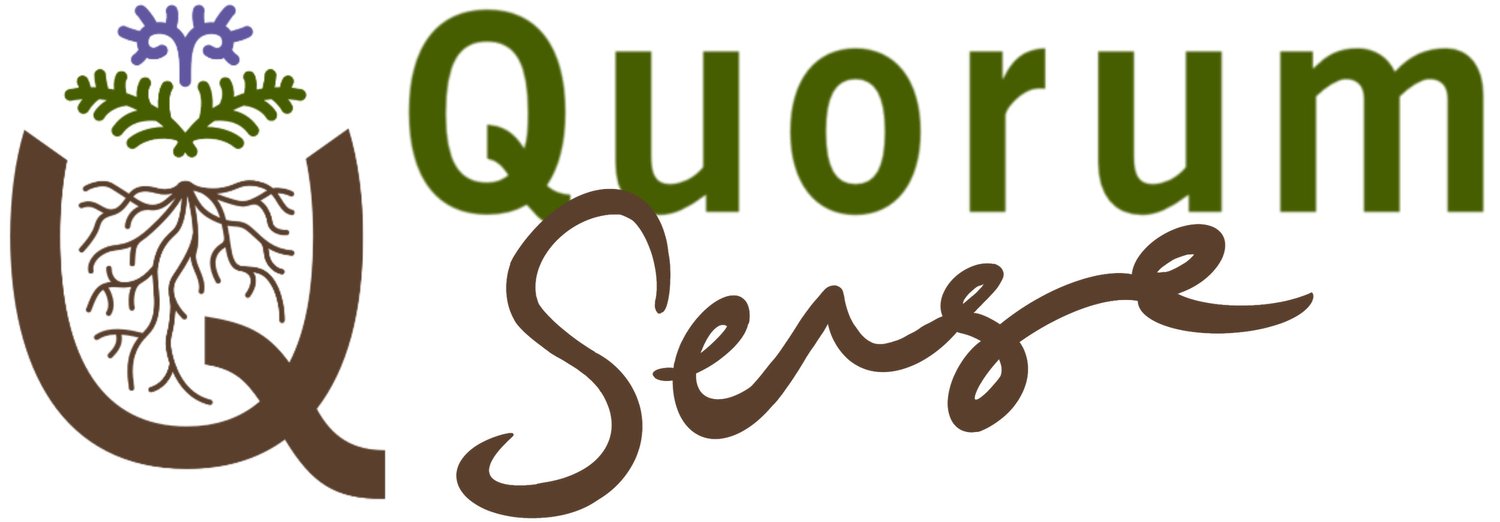Mangaroa Farms - Farming for good
To most of Greater Wellington, Whitemans Valley is the back blocks, and the majority would not have even driven through. It was once a bustling producer of milk with, at its height, 37 dairy farms.
When the Monahan brothers purchased the last operating dairy farm in 2015, many locals assumed the farm would be split up and sold off in 10-acre chunks. But the Monahans had other ideas. Their vision was of a community engaged with the land and providing an opportunity to explore interacting with nature in a way that serves all living things. The brothers started to build a team for their vision of a utopia of food, music, art and community with the medium being a Food Hub.
“Mangaroa Farms is a living system, a living food system, and our commitment and our intention is to discover ways of doing things that has us in real collaboration with nature. We are nature.”
Jules Matthews, Mangaroa Farms
Building out a food-producing ecosystem
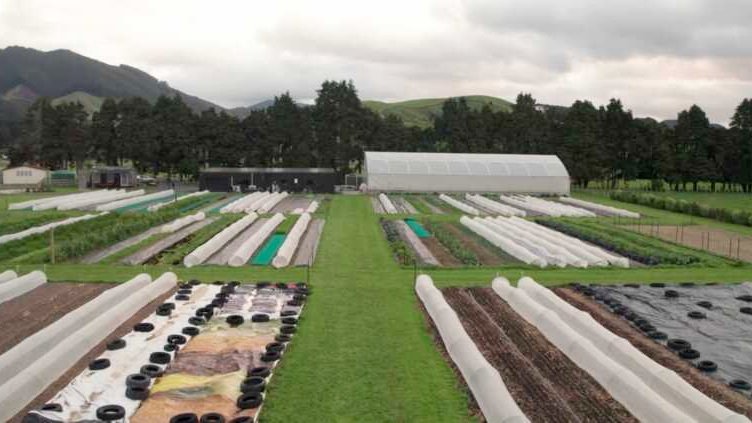
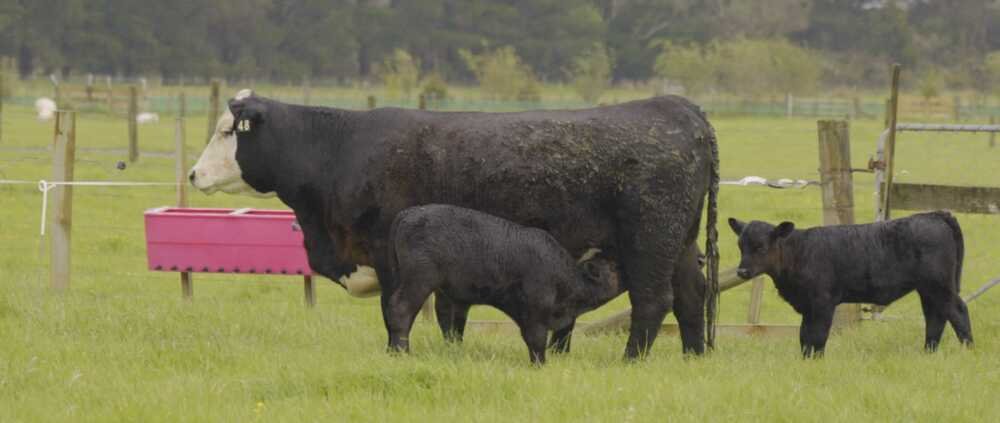
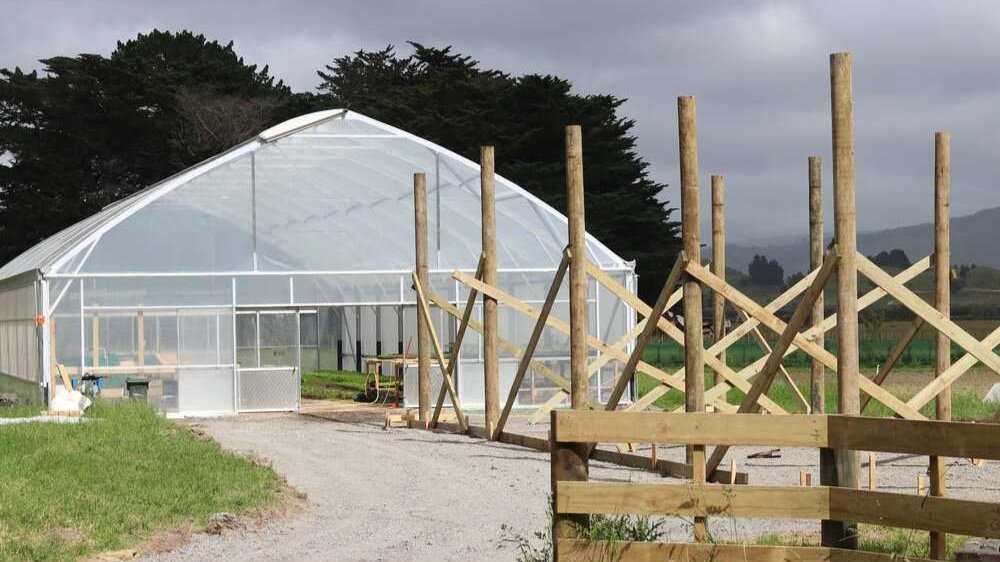
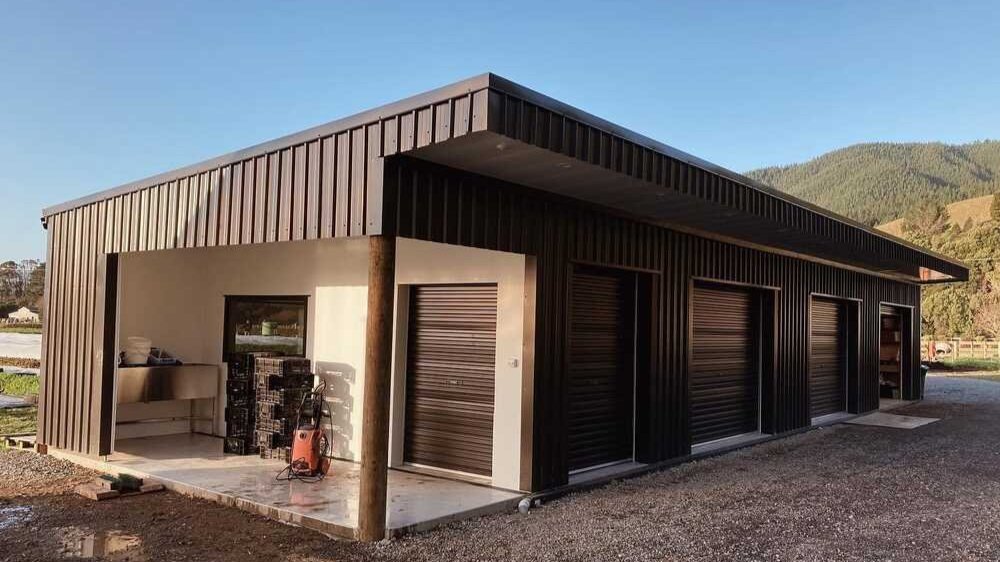
“We’re an integral part of the whole and we are not separate from nature, we are in fact nature itself,” Jules Matthews—manager of Mangaroa Farms at the time of our visit—quoted at a Quorum Exchange in the Wairarapa.
This is the ethos Jules brought to Mangaroa to harmonise with the Monahans’ dream of an ecosystem designed to harness what this beautiful fertile valley had to offer the surrounding residents.
“Good food and nutrition shouldn't just be the right or available to people with extra resources.”
The Food Hub had to be efficient and low waste with good recycling systems. The rate of development was very fast, which must have drawn local attention: “Within 12 months, no six months, we had a market garden up and running. Pretty phenomenal. That there was food available from thought, conception to reality.”
Jules and the team engaged Jodi Roebuck to design a wash and pack station and tool shed, “complete with a walk-in chiller, fold-away benches, outdoor washing stations and modular shelving units which have been built for maximum flow and efficiency, applying systems and processes tried and tested by Jodi for the last decade.” - Mangaroa Farms website.
Working bees, fridges and tree planting
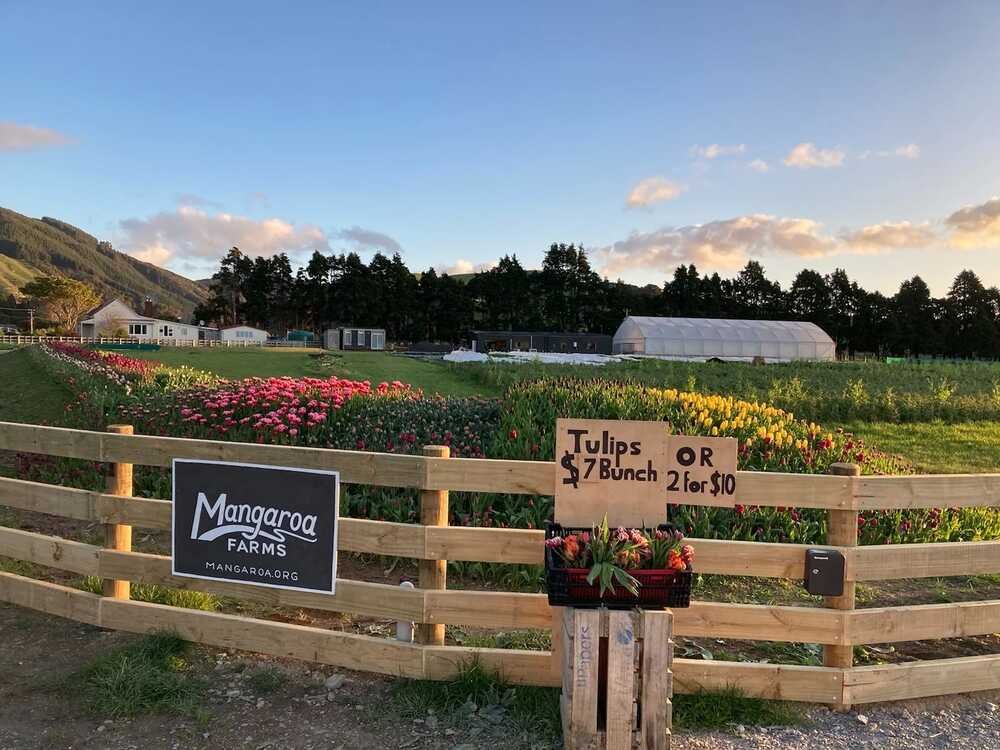
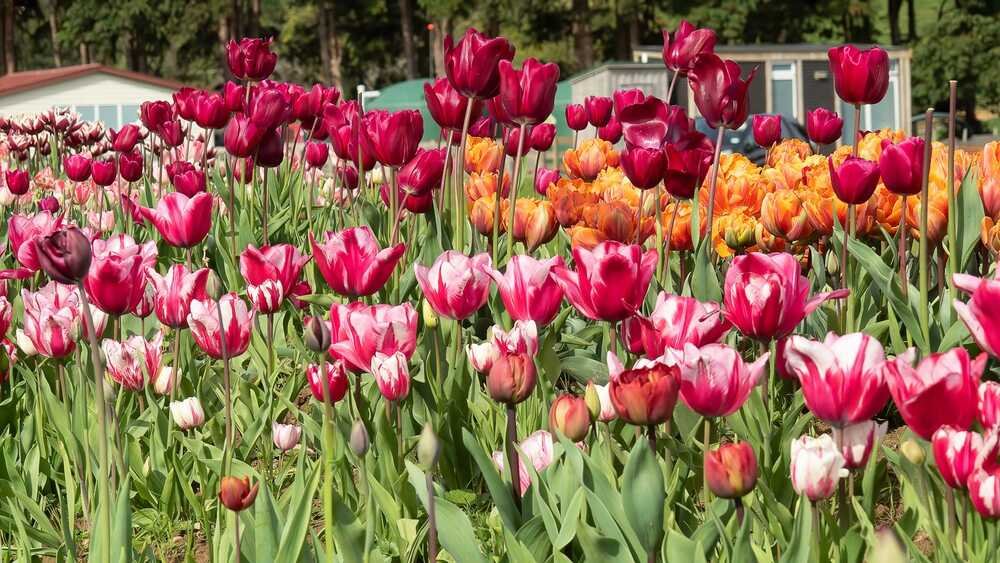
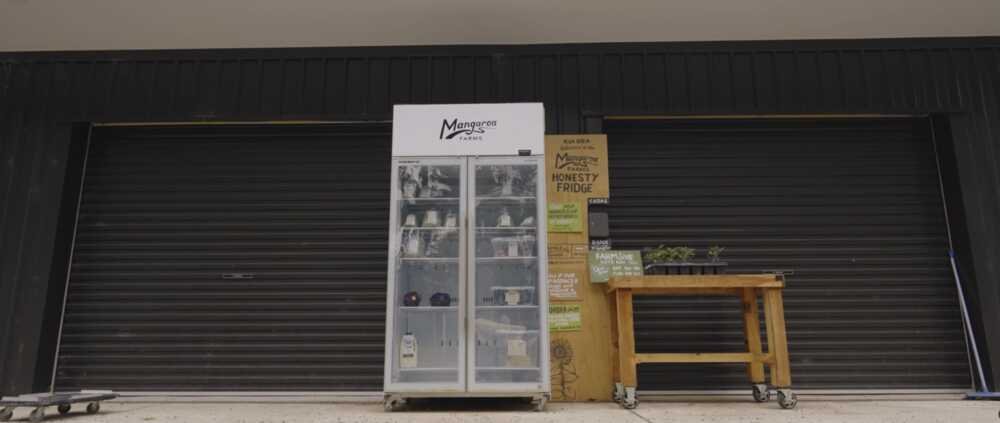
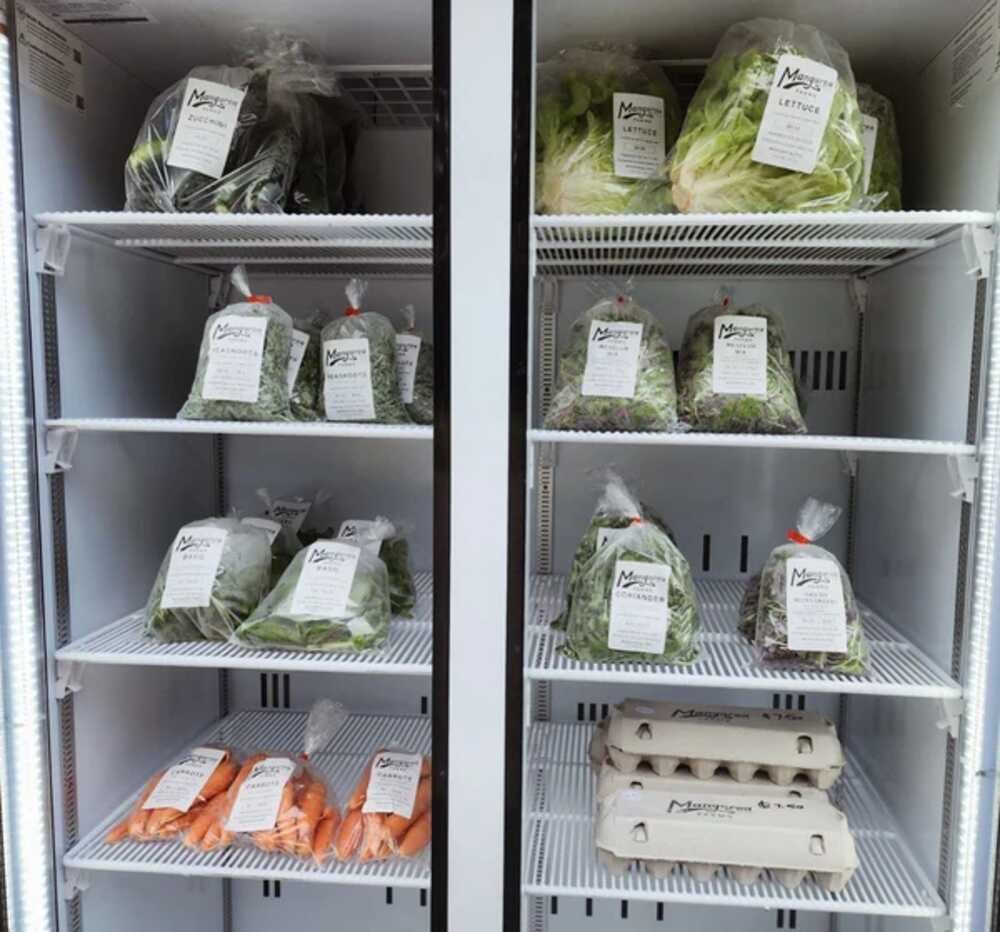
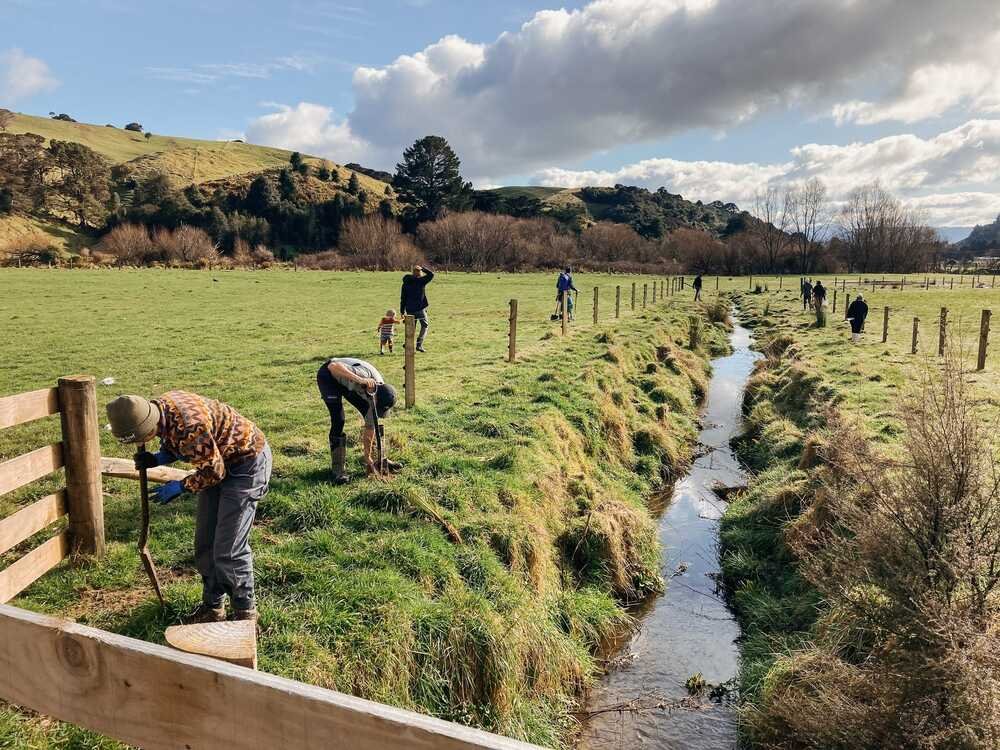
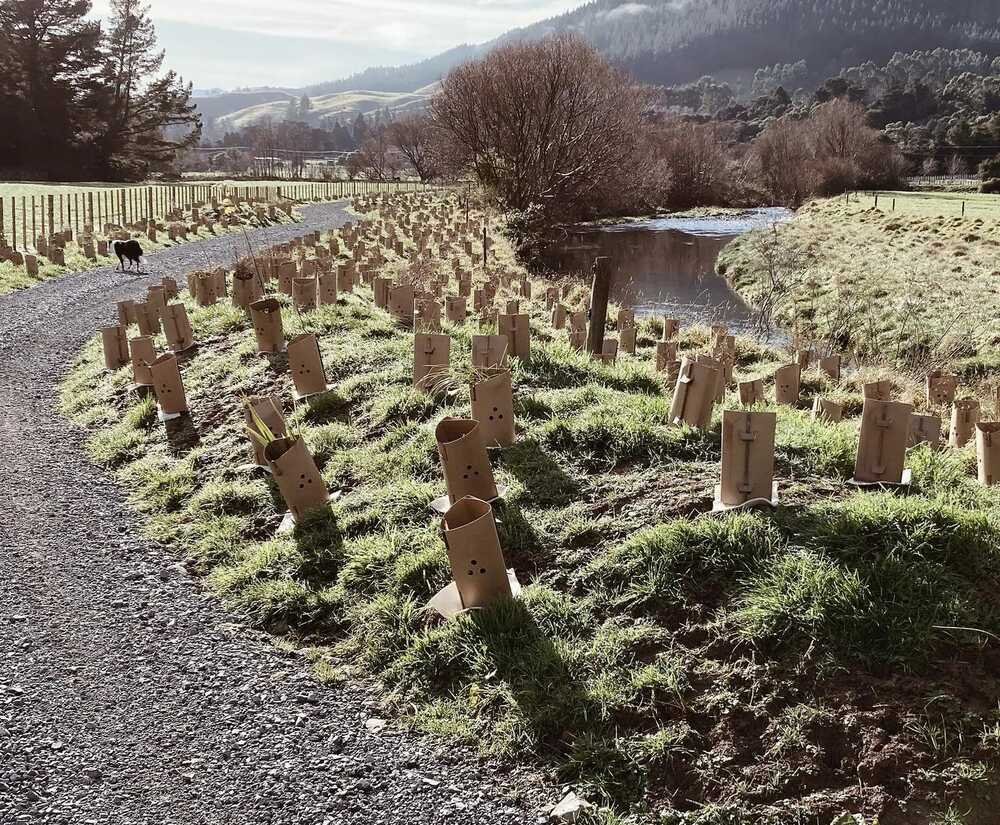
Early on the farm planted a raised berm alongside the road with different tulips. In the summer of 2022, the exceptional swathe of colour to the normal hue of greens raised some much needed profile for the operation and the beginning of the Mangaroa honesty box. This has now progressed to a fridge that's accessible by the public and stocked with vegetables, eggs and milk.
The same rate of development in the market garden occurred with the plantings done in conjunction with Natural Habitats. Tens of thousands of baby seedlings including Tī Kouka (Cabbage tree), Harakeke (flax), Karamū, Totara, Mānuka, Kānuka, Mingimingi were lovingly wrapped at the base with a 100% NZ woollen weed mat and then protected with a biodegradable cardboard shield until the seedlings could be large and strong enough to be able to stand freely on their own.
The local community was involved in volunteer working bees, especially tree planting and the creation of the garden beds, picking out all the alluvial stones to create seedbeds. To give back, Brian Monahan had the vision of a trail to enable locals to engage with the farm through access to observe the land and developments. This resulted in the building of a public 3.5km walking trail loop across the ridge of the hill that runs most of the length of the narrow, long holding.
An integrated approach to livestock
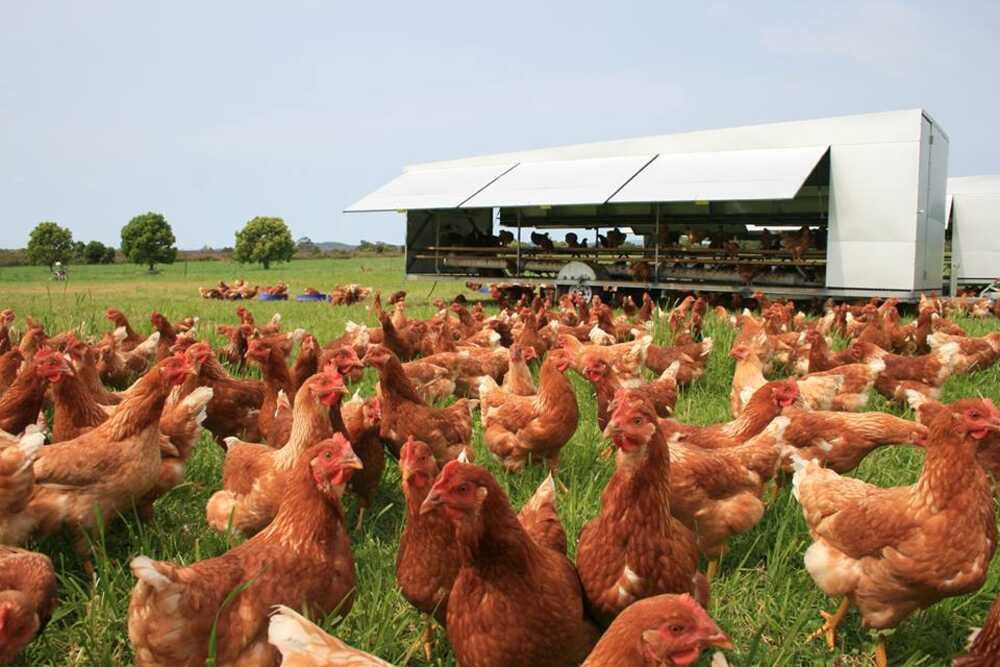
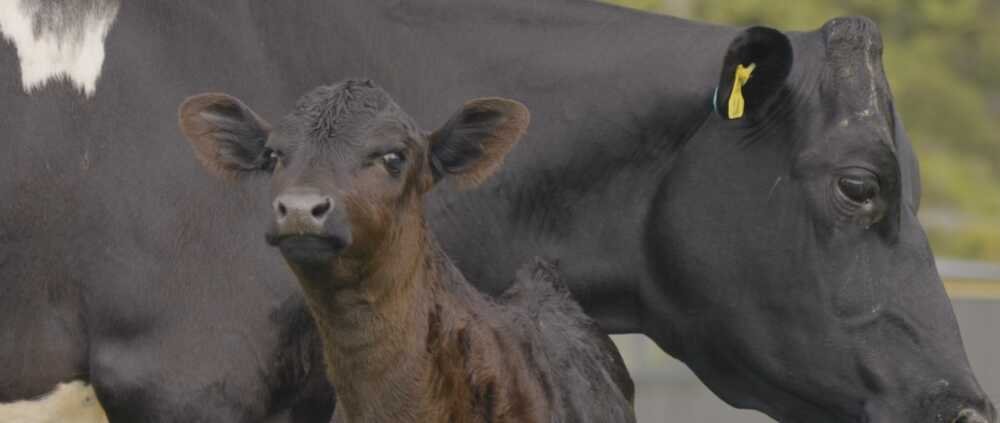
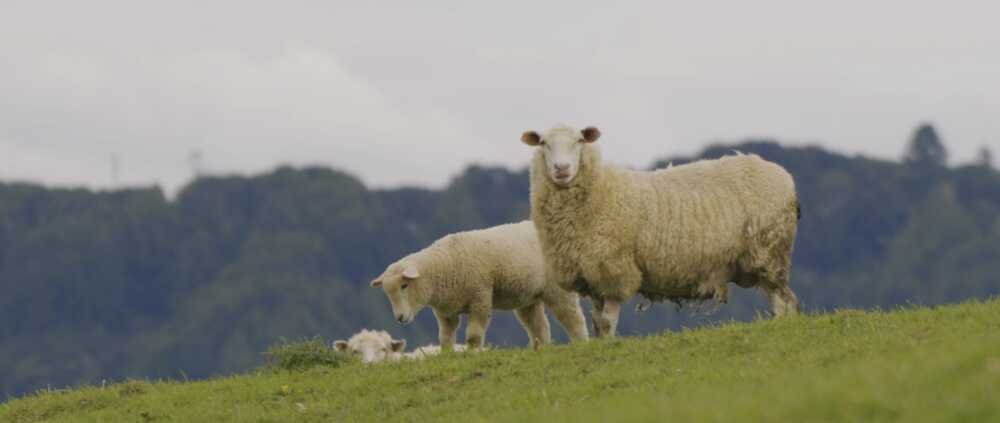
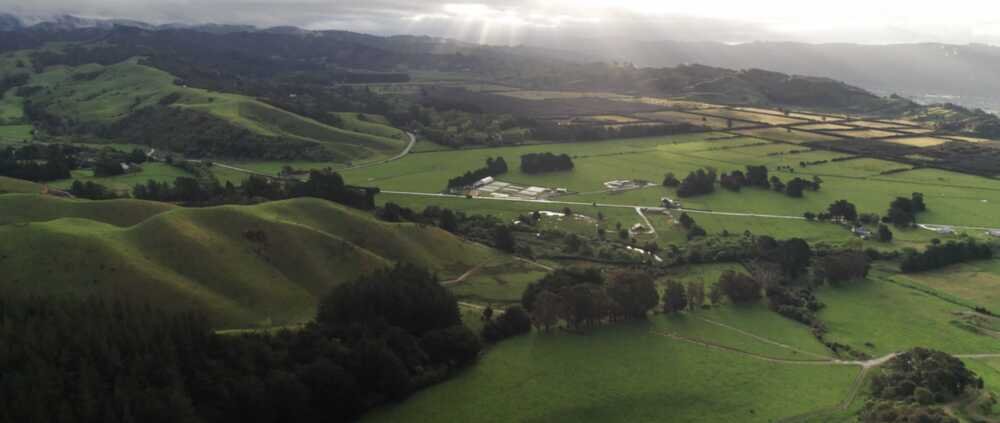
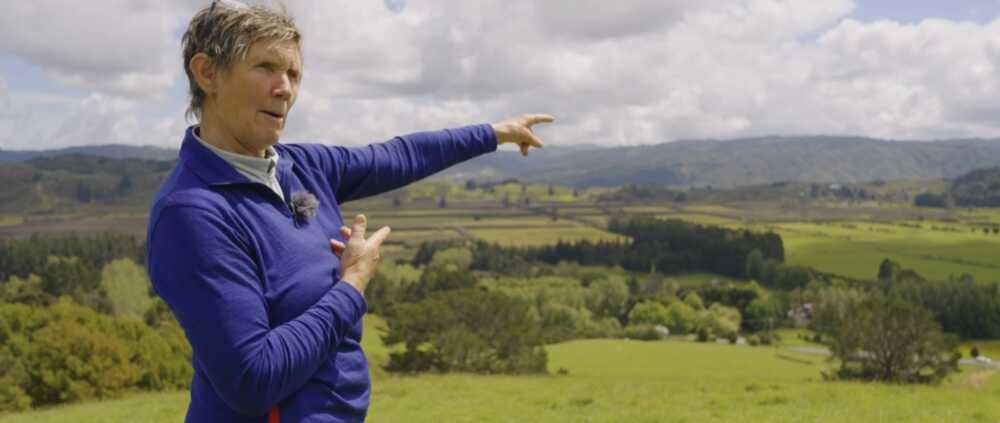
Late in 2022, another part of the diversification plan arrived in the form of a mobile chicken coop from Chicken Caravan. The coop “meant the hens can be moved around on a regular and rotational basis to ‘scratch around’ on pasture in different areas of the farm leaving behind generous amounts of free fertiliser to feed the soil microbiome / biology.” Of course, the hens happily consume any market garden waste and they have the ability to harvest slugs and insects as part of their free range existence.
Mangaroa Farm supplies its farm shop with both beef and lamb raised from birth from their Coopworth cross-bred sheep and Angus and Angus-cross cattle herd. While not certified organic, with Jules at the helm the animals are “happy animals raised with love, roaming on our lush diverse valley pastures, raised using low stress handling practices, and fed natural herbal treatments and supplements such as kelp, in order to help grow nutrient dense and tender meat, providing a delicate and flavourful eating experience. Livestock are one of our key tools to regenerate soil health and biodiversity through the use of adaptive grazing. Through this practice we are able to improve our environmental resilience as we grow our carbon sponge, improving our water holding capacity and mineral cycling that feeds the underground web of life in the soil”.
Selling direct to the community
In November 2023, the farm shop officially opened with a public event to welcome the community to see progress, try the produce and connect with the farm team and other locals. What transpired was a collective sigh from a few locals of what the farm had become in such a short space of time. Jules led groups around the garden and thoroughly explained intricate regenerative and biological processes in the context of the micro greens or the carrot they were eating. An eclectic group of entertainers played music and artisan mobile caterers, some with Managroa produce, turned out delicious snacks and pies.
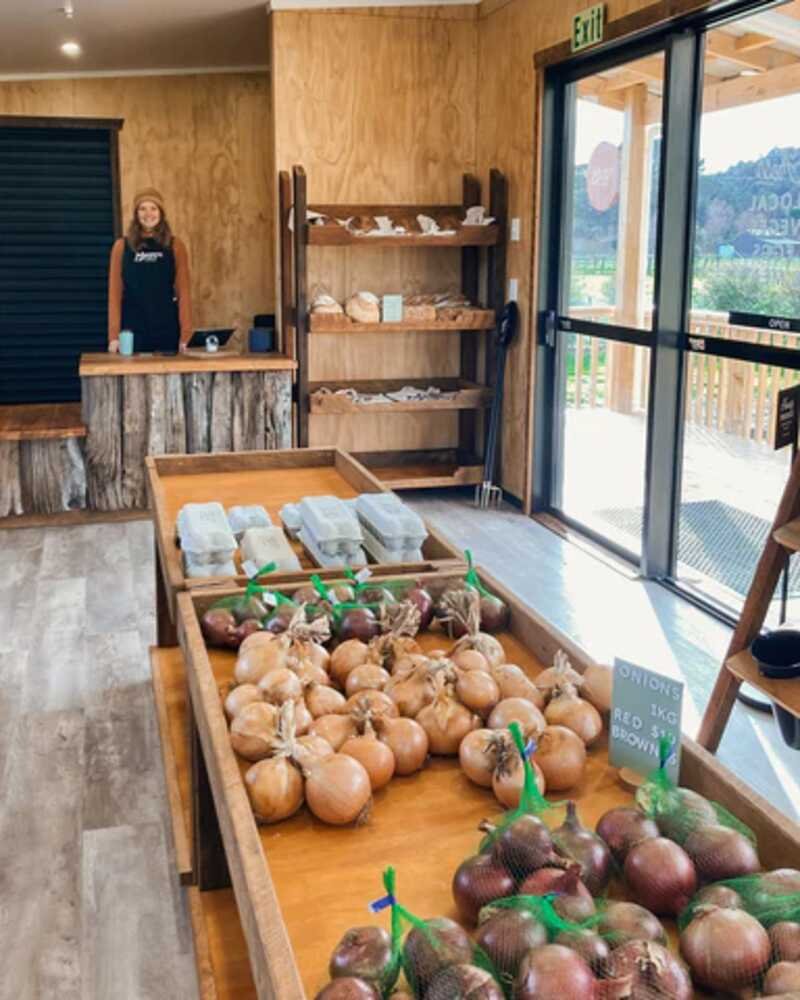
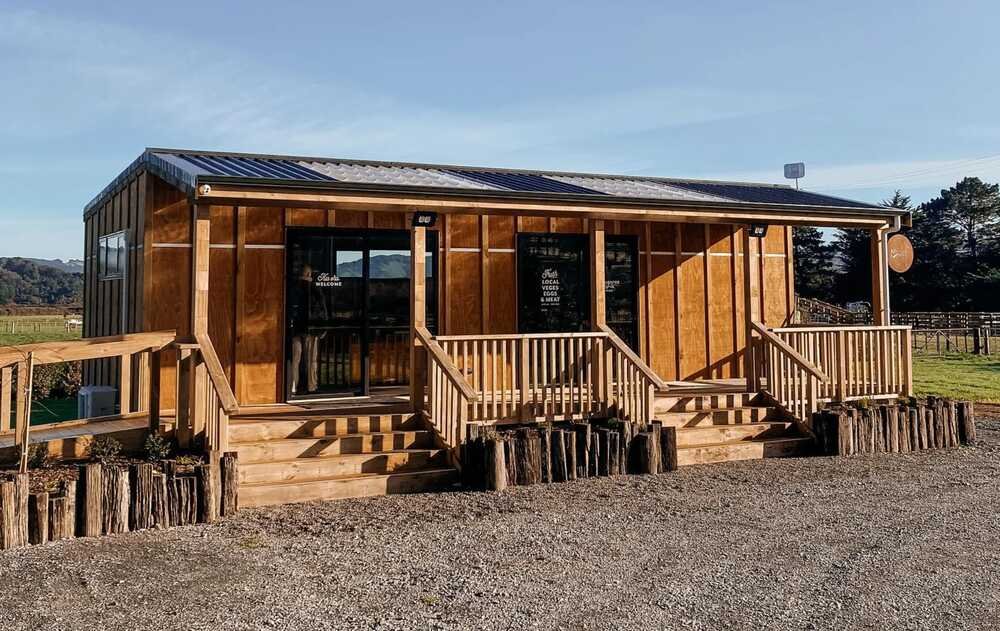
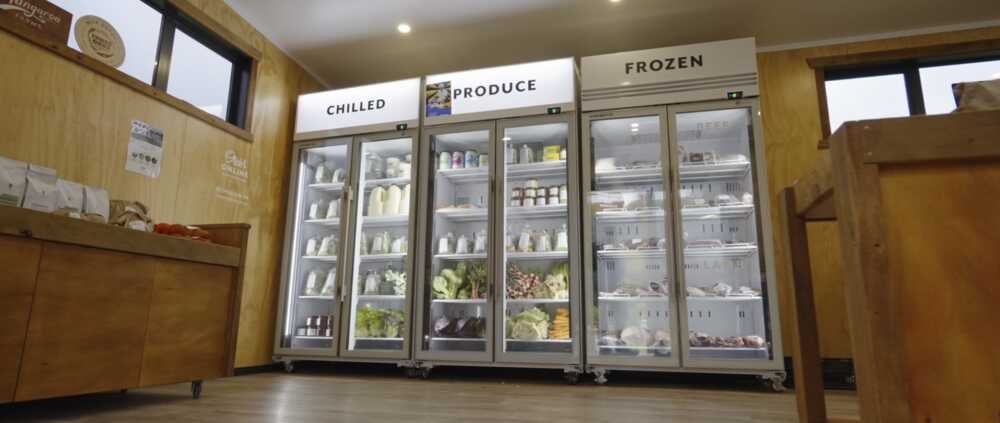
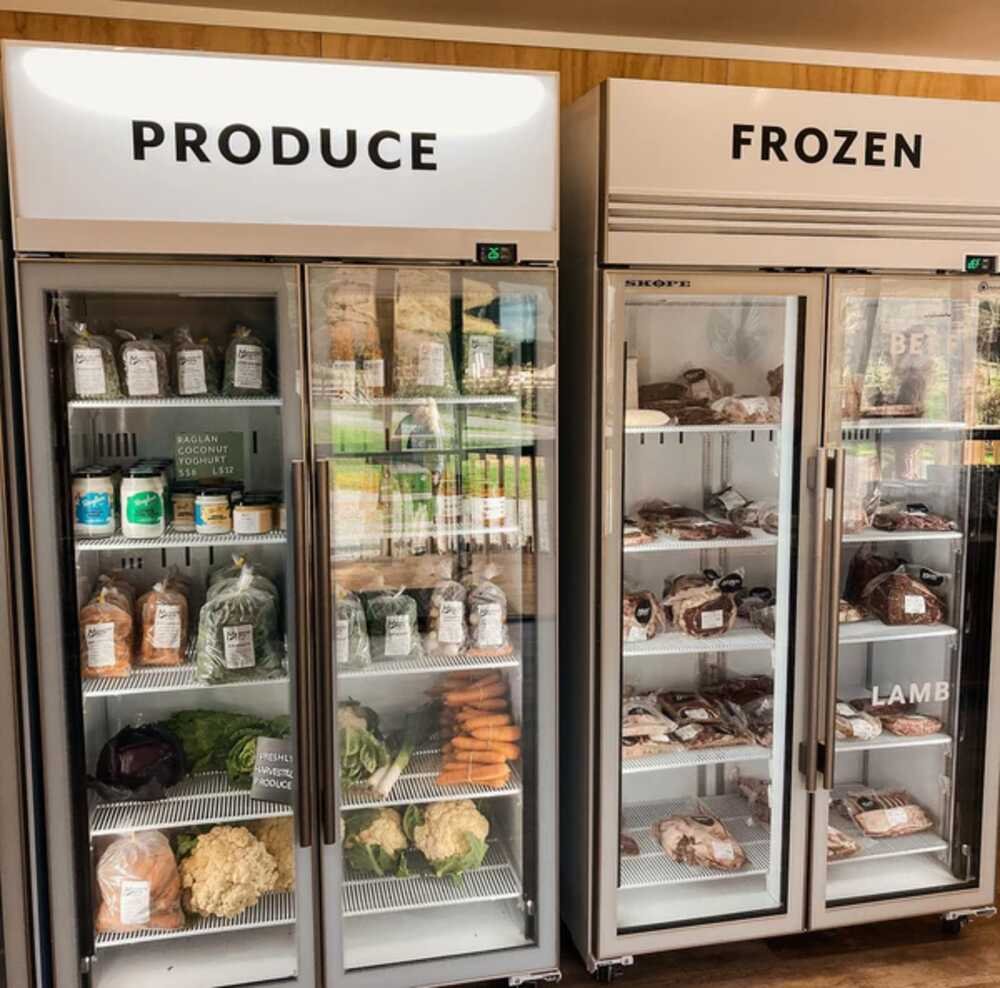
There was much debate within the team about how many hours the shop needed to be open and if there could be an honesty system outside of staffed hours. A seasonal approach was landed on with the honesty fridge to continue.
Jules is a strong advocate of integrity: “My personal vision for the farm shop is that it would be open seven days a week. I think the tension of whether the farm shop is open as a self-serve space versus is open with a staff member present is a difficult one to work out. What I've seen happen in other places is that when you ask for people or offer people the opportunity to operate with integrity around self-serving themselves, they do that with an incredible amount of honesty. What we've ended up with is a hybrid with some days we staff it and there's a real opportunity to interface with someone from the farm while you're shopping and getting your produce and meat. And other days the community has access to the self-help honesty fridge.”
Putting the focus on quality and value
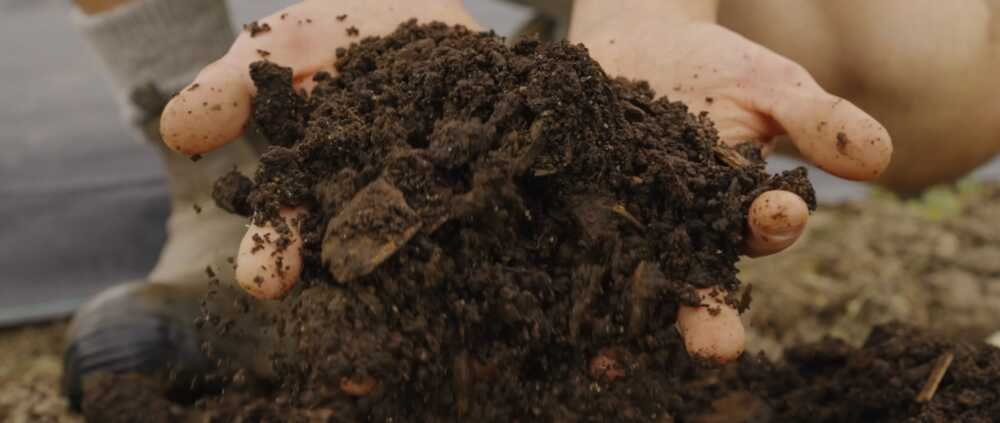
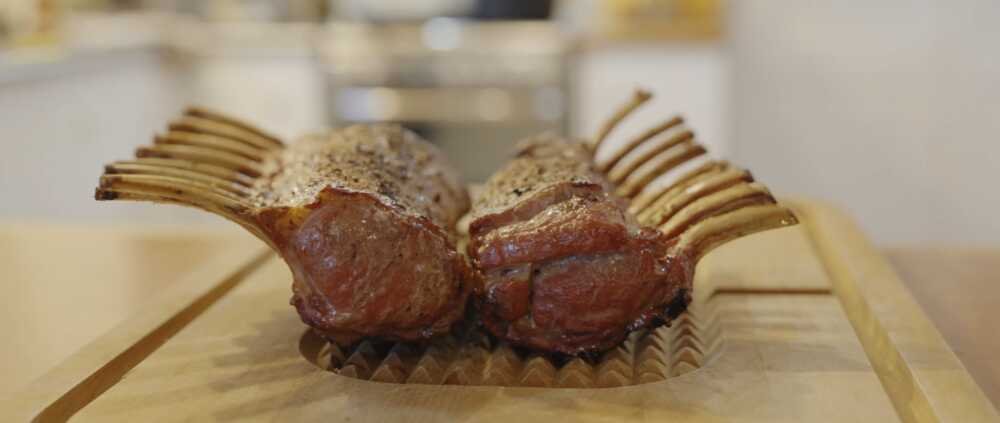
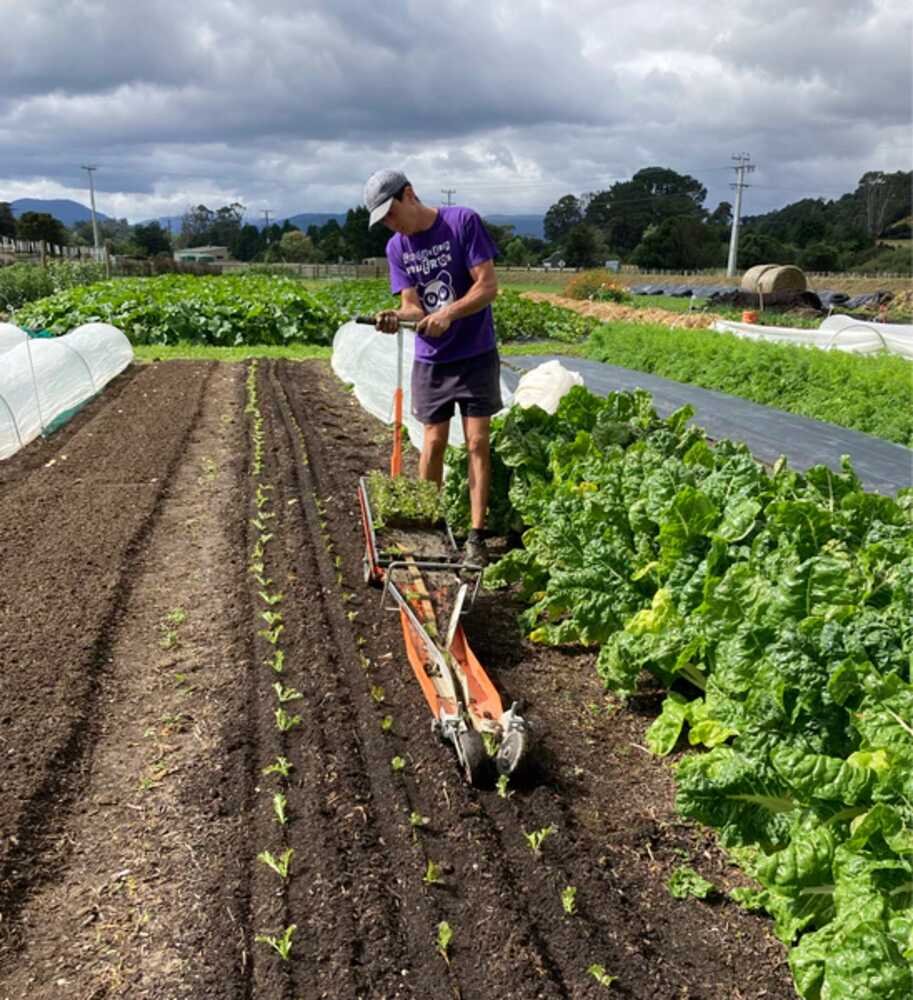
“One of the things that people don't often consider is value. We always look at cost but then there's value and what gives something like a Mangaroa Farms product its value is its shelf life. It's picked fresh. You buy it fresh. You've got an extended period of time that you can have that product before you need to use it and that's real value because you're not throwing food away.
“So there's the shelf life aspect, but there's also the nutritional quality. We know that once you pick food, the nutritional value of it starts degrading or becomes lost. So that's not even getting into the fact that we are growing a better quality product because we're not using chemicals,. We're using biological processes to produce more nutrient dense food.
“Because so much has happened here, it gives people confidence to come into the space and now be in enquiry about who we are, what we are doing, what this really is all about. Because it's like you see this much happen in a short period of time, you can't help but get kind of curious.”
Nurturing the connections
“I think as a nation of farmers, if I reflect back on my childhood in the outback of Taranaki, there was a strong sense of community and I think through the decades we've become big business and we've lost that. What I get as an opportunity for Mangaroa Farms is to re-explore the role of farmers to be the connector in the community and the transformation of New Zealand.
“What happens when farmers are connected to their community? You experience being valued. You experience being fulfilled. And you experience those things. That's the experience of love.
“And in doing so, to bring others with us through education, through experiences, and to be able to ride the journey and the discomfort of the journey of not knowing, not always understanding and willing to risk and, you know, get it wrong sometimes, but bring our courage to this world.”
For more information, visit the Mangaroa Farms website.
Related content on: marketing, community
Disclaimer: The information, opinions and ideas presented in this content is for information purposes only and does not constitute professional advice. Any reliance on the content provided is done at your own risk. (click here to view full disclaimer).
